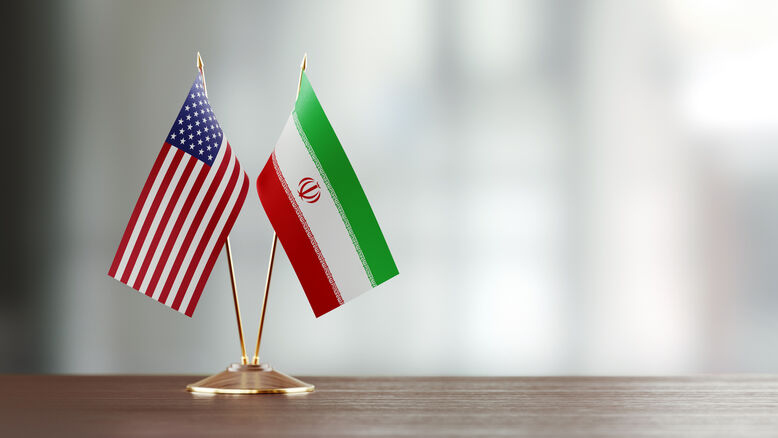Introduction: Tehran Rejects US Nuclear Proposal, Eyes Oman Channel
In a significant development in the ongoing nuclear negotiations, Iran announced it will submit a counterproposal to the United States through the mediator Oman. The move comes after Tehran publicly expressed dissatisfaction with a US draft presented during the fifth round of talks held last month. The announcement was made on June 9, 2025, by Foreign Ministry spokesman Esmaeil Baghaei at a press conference in Tehran.
Why Iran Rejected the US Proposal

Baghaei described the recent US proposal as lacking the foundational elements previously discussed in earlier rounds. “It does not reflect the understandings reached,” he said, referring to negotiations that have taken place since April 2025. Crucially, the proposal failed to include the lifting of sanctions, a non-negotiable demand from Tehran, which continues to suffer from the economic fallout of US-led restrictions.
“We will soon submit our own proposed plan to the other side through Oman once it is finalised,” Baghaei stated, signaling a continued diplomatic effort despite heightened tensions.
Khamenei’s Firm Line: Enrichment Is Non-Negotiable
Iranian Supreme Leader Ayatollah Ali Khamenei has strongly condemned the US proposal, branding it contrary to Iran’s interests. He reaffirmed that Iran will continue uranium enrichment on its own soil, calling it a matter of national sovereignty and pride. “We will not yield on our right to enrich uranium,” he declared last week.
The US, under President Donald Trump, has taken a hardline stance, renewing his “maximum pressure” campaign and vowing to block Iran’s enrichment program entirely. Trump’s administration insists that any deal must prohibit enrichment, calling it a red line due to its potential to enable nuclear weapon development.
IAEA Adds to the Pressure
The International Atomic Energy Agency (IAEA) is holding a high-stakes meeting in Vienna this week. It follows a recent IAEA report criticizing Iran for what it called “less than satisfactory” cooperation regarding past nuclear activity at undeclared sites.

Tehran has pushed back against the report, calling it biased and based on “forged documents” provided by Israel. Despite this, the IAEA’s tone has added further pressure on Iran at a delicate moment in the negotiations.
Five Rounds and Counting: A Deal Still Distant
The Iran-US nuclear talks have seen five rounds so far, each marked by slow progress and growing frustration. The original nuclear agreement, known as the JCPOA, was abandoned in 2018 by President Trump during his first term. Efforts to revive a new accord have since faced repeated obstacles—chief among them, the status of uranium enrichment and the extent of sanctions relief.
While the Biden administration had made some progress toward de-escalation, Trump’s return to office in January 2025 has hardened Washington’s stance once again, making a resolution increasingly difficult.
What’s Next? All Eyes on Oman
Iran’s decision to engage via Oman is not unprecedented. The Gulf nation has long served as a quiet but effective intermediary in US-Iran backchannel diplomacy. Analysts expect the counterproposal to focus on:
- Guaranteed lifting of economic sanctions
- Recognition of Iran’s right to enrich uranium
- Phased compliance with nuclear transparency
However, no date has been confirmed for the sixth round of talks. Baghaei admitted that the timeline would depend on Washington’s response and Oman’s facilitation.
Conclusion: A Diplomatic Chess Game with Global Stakes

Iran’s latest move to present a counterproposal through Oman reveals that while tensions are high, the door to diplomacy is not entirely shut. With Iran holding firm on uranium enrichment and the US refusing to ease sanctions without stricter controls, the path to a nuclear agreement remains fraught with difficulty.
The coming weeks will be crucial. If neither side softens its stance, the region could inch closer to another phase of confrontation. But if Oman’s mediation succeeds, a new framework might still be possible—one that could stabilize the Middle East and reduce nuclear risks worldwide.
Related Internal Story: Iran’s Enrichment Red Line: Khamenei Rejects US Conditions









